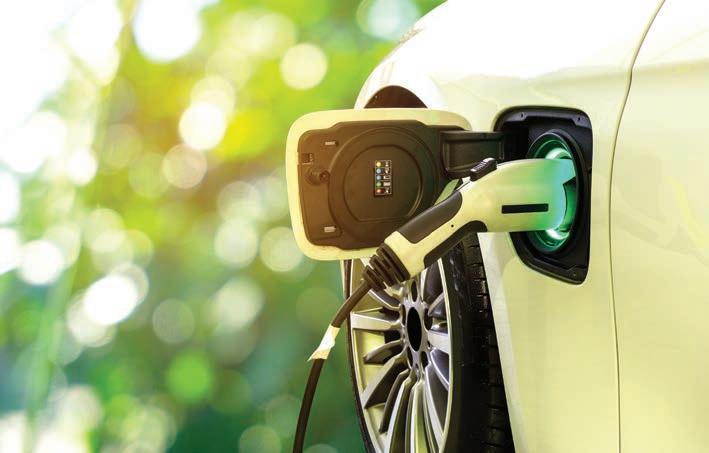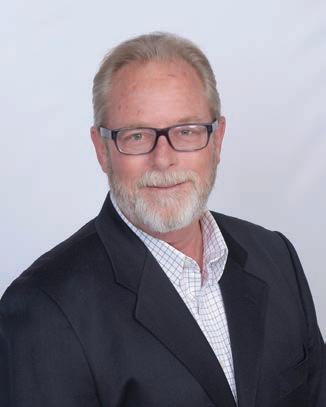
2 minute read
A switch to cleaner heavy trucks faces roadblocks
Tesla missed 2020 deadline
BY MICHAEL BOOTH THE COLORADO SUN
When it comes to assessing Colorado’s chances for replacing dieselbelching heavy trucks with cleaner electric versions anytime soon, the state’s trucking industry o ers an anecdote about Tesla.
Given the erratic celebrity of CEO Elon Musk, who was made the richest person in the world by Tesla’s rise, the true story is suitably apocalyptic.
Colorado’s top trucking companies have known for years that state leaders planned to copy California law and require a growing portion of new heavy trucks to be electric beginning in 2027. ey’ve fought the proposed policy. But they also hedged and began putting deposits on one of the few clean trucks on the horizon, Tesla’s much-hyped, sleek electric semi-tractors. at was 2019.
At the time, delivery was expected in 2020.
None of the Colorado companies have received a Tesla truck yet. Tesla nally started delivering a few elsewhere in February 2022.
Last week, all the electric trucks Tesla had delivered were recalled, because of brake problems.
“We’re supportive of moving to the zero-emission vehicle environment.



It’s just when you start to move up in size of vehicles, the technology chunk is substantial,” said Greg Fulton, president of the key trade group Colorado Motor Carriers Association.

Emissions from the transportation sector make up a large portion of both greenhouse gases that cause climate change, and the local chemical stew that bakes into lung-damaging ozone under Colorado’s summer sun. While medium- and heavy-duty trucks are just 10% of the vehicles on U.S. roads, they put out 25% of the greenhouse gas emissions from transportation, according to the Union for Concerned Scientists.
Colorado’s Air Quality Control Commission previously adopted California’s standards for selling an increasing number of electric vehicles for the state’s light passenger vehicle eet. More than 10% of new cars bought by Coloradans are now EVs.


Now the AQCC is turning its attention to the stubborn diesel emissions of the heavy truck sector, with testimony, a debate and a vote scheduled next week that would make Colorado among the half-dozen states to adopt California’s heavy truck requirements. e EPA earlier this year gave California the waiver it needed to make its heavy truck rules more stringent than federal standards.
State air quality o cials and environmental groups say the socalled Advanced Clean Trucks vote is another crucial step in Colorado’s e orts to meet both climate emissions goals and EPA ozone caps, which the northern Front Range has violated for years. ey also see it as a big down payment for the environmental justice movement, bringing cleaner vehicles to the lower-income neighborhoods that have long choked on diesel emissions from surrounding interstates and the trucking businesses based there.
Community events on the clean trucks policy have been overwhelmed by Spanish-speaking residents enthusiastic about both a less-polluting trucking industry around them, and the chance to buy new or used electric passenger cars, said Juan Madrid, executive director of Colorado GreenLatinos. An Aurora event ran out of translation headsets, he said.
“Black, brown, and Indigenous communities are all interested in this technology not just for the health bene ts, but on how this will help improve their lives. And then some of those folks were asking about electric heat pumps and asking about building electri cation and solar,” Madrid said. “ e technology is there, and often the administration and legislators don’t think that this population is interested or can a ord this technology. But they are interested.”
Under the clean trucks law passed by California and now being matched by other states, zero-
SEE ROADBLOCKS, P9










